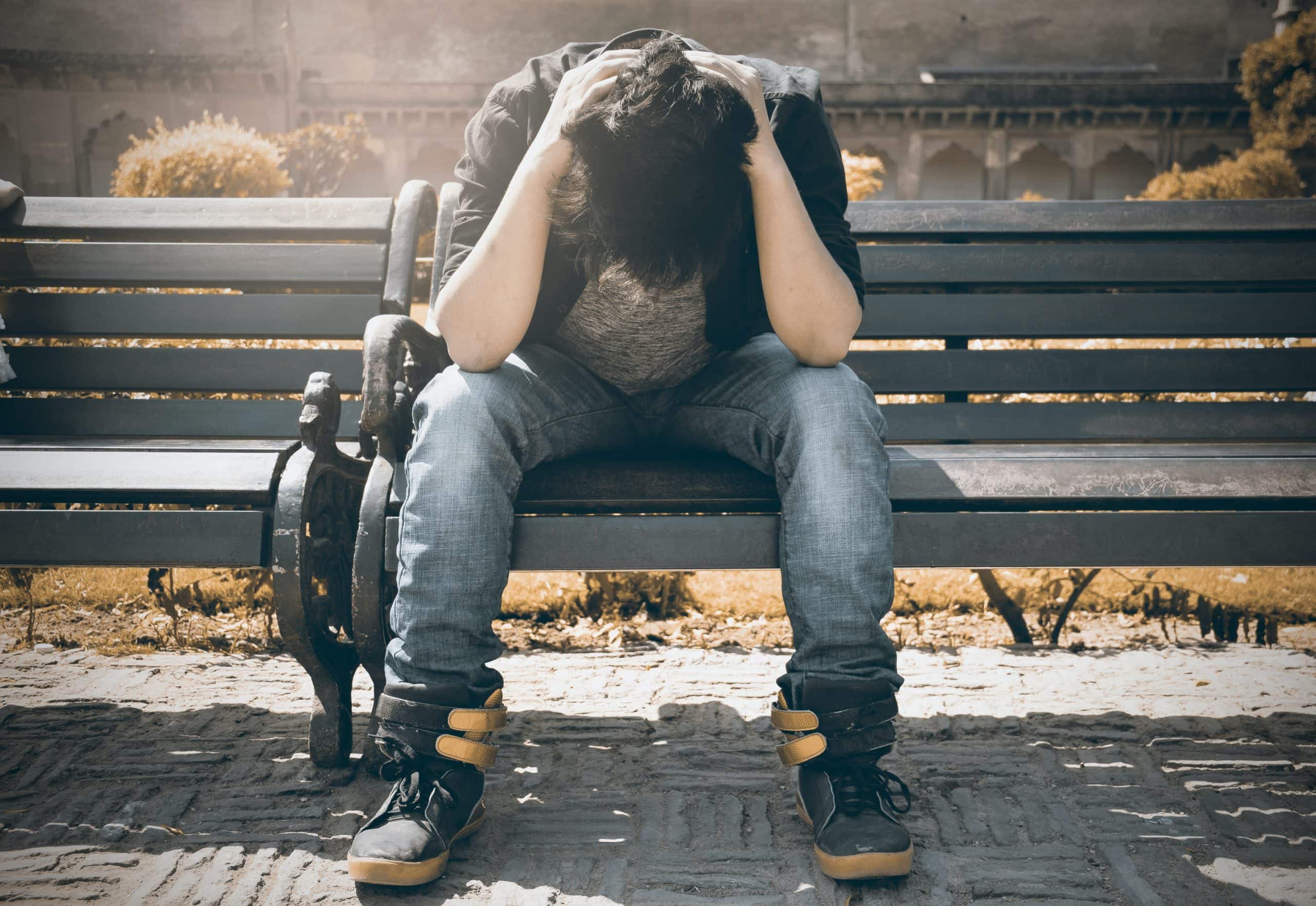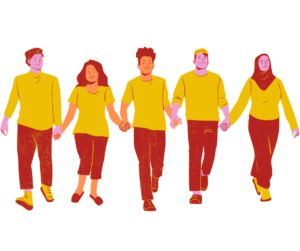Does the thought of going back to school have your heart racing? Check out 5 tips to help you navigate through this new challenging phase and learn effective strategies to cope with social anxiety in college.
Do you have these kinds of thoughts: “Everyone is looking at me.” “No one likes me.” “I won’t make friends.” “What if I pick the wrong seat?”
Social anxiety is a mental health condition at affects individuals in all walks of life. Those with social anxiety experience intense anxiety in social situations and in situations in which they feel pressured to perform. Symptoms of social anxiety include:
- Shortness of breath
- Sweating
- Trembling
- Tightness in the chest
- Quickened pulse
- Butterflies in the stomach
When one experiences social anxiety, our brains try to keep us safe by using one of the following techniques:
Avoidance: Finding a way to not face the situation
Escape: Separating oneself from the situation daydreaming or dissociation
Safety-seeking: Finding ways to feel more secure in an anxiety-inducing situation, such as asking questions to others to deflect attention from yourself or avoiding eye contact.
While these techniques may cause temporary relief at the moment, they tend to lead to a cycle in which anxiety continues to grow.
Social anxiety in college can have a particularly big impact on those returning to school. The start of school pulls us away from our summer routines with those that we are close to and puts us back in situations that may feel unpredictable and uncomfortable. Whether you are going into middle school, high school, or headed to college, these tips can help you feel calm and in control.
How to cope with Social Anxiety in College
1. Take back your thoughts
Our thoughts hold a lot of power. Thoughts that aren’t based on truth can cause us to get stuck in a negative spiral that leads to an increase in anxiety.
Take five minutes to filter through your thoughts. You hold the power to stop negative thoughts and focus on positive thoughts. This may take a lot of practice if you are out of the habit.
Take a deep breath. With every thought that comes through your mind, ask yourself “Is this positive or negative?”. Visualize yourself stomping on the negative thoughts and holding on tightly to the positive ones.
2. Put your thoughts on trial
This activity helps you to test whether your thoughts are based on truth and replace them if not.
Write down one negative thought that often comes to mind in social situations:
Thought: Nobody will like me.
Next, write out a list of questions that will test whether or not that thought is true:
Evidence:
- Do I have friends now?
- Have I had friends in the past?
- The last time that you were in a social situation, how did others respond to you?
3. Center yourself
If you are or have experienced social anxiety in college, you might feel self-conscious and insecure. You are not alone in that. As you look around your classroom, chances are that your classmates are thinking more about themselves than they are about you.
When you feel symptoms of social anxiety, this activity will help to center you and bring you back to right where you are:
- Take back control of your thoughts. Tell them to “STOP”.
- Take a deep breath through your nose for four seconds.
- Hold your breath for four seconds.
- Let out the breath through your mouth for six seconds.
- Repeat several times.
Counseling for College Students in NC & VA
Ready to face your college life with a positive and healthy mindset? You don’t have to go through it alone; we’re here to guide you on this journey.
Social anxiety is not something that you need to just put up with. If you would like individualized help working through social anxiety, you can meet one of our therapists in VA or NC for Counseling for College Students.
Scheduling an appointment could be a good first step toward overcoming your social anxiety. Contact us to ensure you find the right fit to meet your needs.

Kinga Gudor, PhD
Kinga is a Licensed Clinical Social Worker (LCSW) with more than 15 years of experience. She specializes in couples therapy and working with individuals from a multicultural background.











